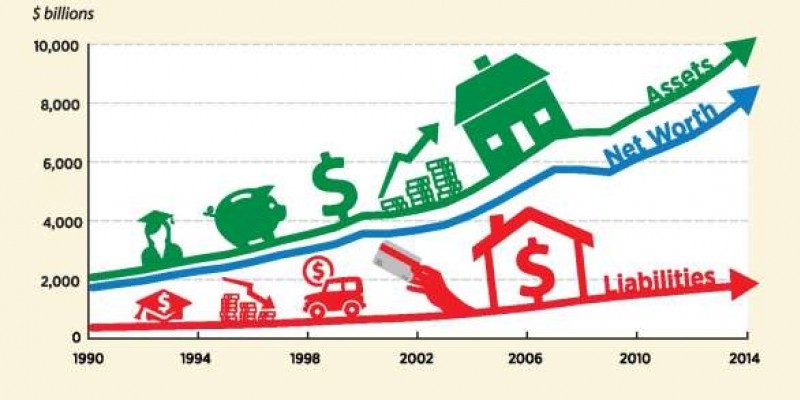
Figure 1. Found image.
According to David Graeber in his book Debt: the first 5000 years, barter theory is just that, a theory. He suggests that anthropologists debunked this notion of societies operating without commercial systems, or societies being based entirely on barter systems (CTMS, 2010, 219-220). The video Problems of the Barter System and Evolution of Money (see Fig. 2) is an example of this propagated myth. Graeber describes how barter did occur, but not as often as economists have suggested. Instead, the majority of bartering happened between strangers etc. For example gold was primarily introduced as money to pay armies or mercenaries in the middle ages. But more often goods were gifted between between family and friends (CTMS, 2010, 220-221).
Figure 2. Problems of the Barter System and Evolution of Money.
Other academics including Caroline Humphrey and Marcel Mauss (1925) agree that barter systems are a myth (STRAUSS, 2016). Humphrey states: “No example of a barter economy, pure and simple, has ever been described, let alone the emergence from it of money; all available ethnography suggests that there never has been such a thing” (Humphrey, 1985, 48-72).
The word barter means to trade goods and services directly. Standard currency systems on the other hand, use paper or coin money as an exchange system (see Fig. 1). Graeber suggests that gold is an interesting phenomenon because it becomes a “medium of exchange” whereby “people begin to hide it” and then it becomes a “hidden power”(CTMS, 2010, 230).
Works Cited
STRAUSS, ILANA E. “The Myth of the Barter Economy.” The Atlantic. Atlantic Media Company, 26 Feb. 2016. Web. 03 Mar. 2016.
Graeber, David. Debt-Updated and Expanded: The First 5,000 Years. Melville House, 2014.
Mitchell, WJ Thomas, and Mark BN Hansen, eds. Critical terms for media studies. University of Chicago Press, 2010.
Leave me a Comment
You must be logged in to post a comment.